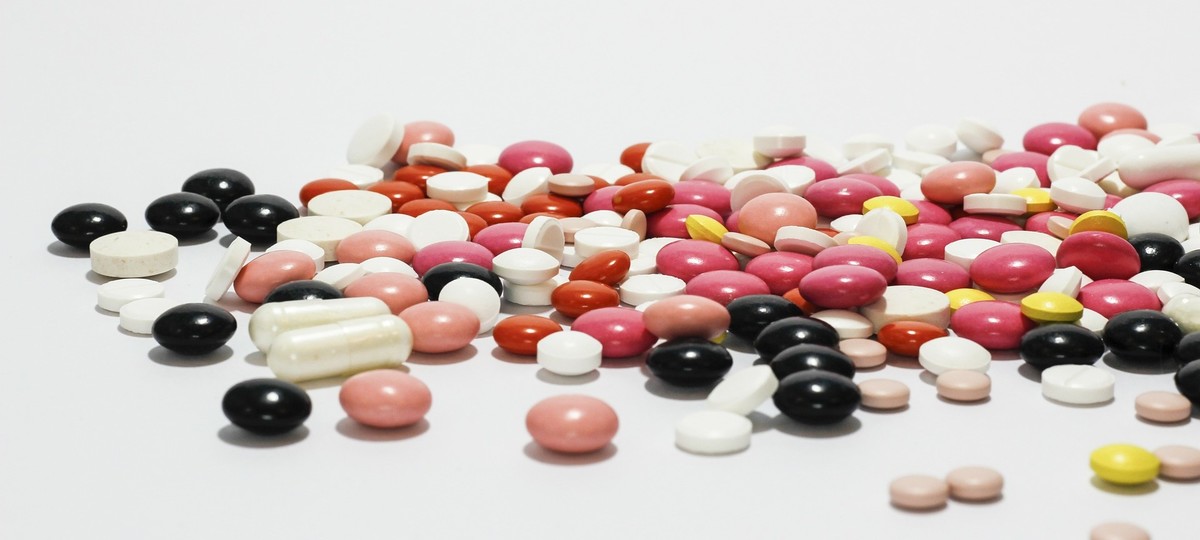
A few years ago, a firefighter in Sacramento, California, Mike DeBartoli, noticed his hands cramping up. He figured it was a symptom of the job.
But when the cramps got worse, he went to his doctor and heard the three letters no one wants to hear: ALS. DeBartoli has Lou Gehrig's disease, a disease that robs the body of its ability to function and is always fatal.
Unless...
Unless...
DeBartoli heard that there are some new drugs in the pipeline that could possibly slow his disease. He volunteered — begged — to be one of the guinea pigs in a clinical trial but was turned down, in one case because he was taking other medicines for blood pressure and depression and in another case because he was, ironically, too sick. When drug companies are testing their new treatments, their candidate profiles are so specific that most people who have the disease don't actually qualify. In fact, only 3 percent of people desperate to get into clinical trials ever do. Which brings us to our topic today:
The right to try.
Right-to-try laws allow people who are terminally ill to try drugs that are promising but have not yet been approved by the Food and Drug Administration. "Patients who face imminent death ought to have the option to be able to try these new drugs, even if we don't know they're going to work or what the side effects will be (or) the exact dosage," says Christina Sandefur, executive vice president of the Goldwater Institute, which supports the initiative.
This sounds as if it would be a popular type of law, and in many states, it is. In the past three years, 32 states have enacted right-to-try laws, usually with enthusiastic bipartisan support. The California Senate, for instance, passed a right-to-try bill unanimously a few months ago. But that leaves 18 states without such laws.
When a person is terminally ill, the clock is ticking. Yes, he can apply to the FDA for a compassionate exemption, but this is so complicated and so few make it through that it's like applying to be an astronaut. It takes about 100 hours to gather all the information and fill out all the forms required.
The reason the FDA makes access to these unproven drugs so difficult can probably be traced to the agency's founding. It began in 1902 after a diphtheria drug proved ineffective. Well, actually, it proved worse than that. It was fatal. Clearly, America needed someone to certify the safety of our drug supply, and thus the FDA was born.
Then, in the 1960s, a drug widely prescribed to pregnant women in Europe was blocked by an FDA doctor here, Frances Oldham Kelsey, who'd heard of its side effects.
The drug was thalidomide, which caused serious birth defects, and thanks to Kelsey, many American children were spared its devastation.
It's wonderful that the FDA was on the ball. But that episode of well-warranted precaution seems to have led to an agency so ultra-cautious that today it is preventing people from taking experimental drugs that might kill them even though they're going to die anyway.
DeBartoli, the fireman with ALS, put it this way in an interview with the Goldwater Institute: "I don't know who the FDA thinks they are protecting." The drugs in the pipeline might not save DeBartoli, but he deserves the right to try.
Not just the right to die.
Comment by clicking here.


 Contact The Editor
Contact The Editor
 Articles By This Author
Articles By This Author